Search
Search Results
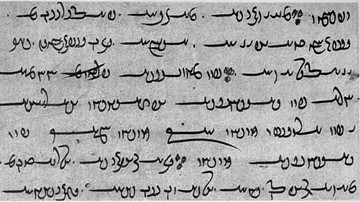
Definition
Avesta
The Avesta is the scripture of Zoroastrianism which developed from an oral tradition founded by the prophet Zoroaster (Zarathustra, Zartosht) sometime between c. 1500-1000 BCE. The title is generally accepted as meaning “praise”, though this...
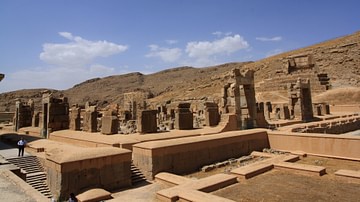
Article
Ten Ancient Persia Facts You Need to Know
Ancient Persian culture exerted a powerful influence throughout the Near East, and beyond, for over a thousand years between c. 550 BCE - 651 CE and many aspects of their culture continued to influence others afterwards and up through the...
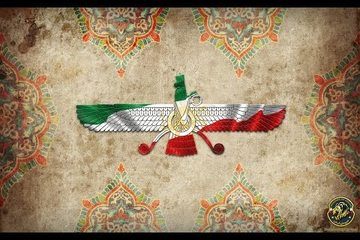
Video
The Persian Empire: 7,000 years of History
Drawing on historical and archaeological evidence, this documentary, by Dr. Farzin Rezaeian, reconstructs 7,000 years of Iranian (Persian) history.
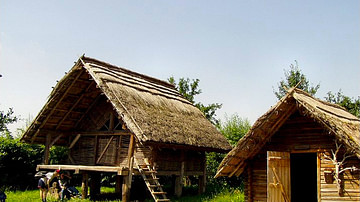
Definition
Hallstatt Culture
The Hallstatt culture is named after the site of that name in Austria and it flourished in central Europe from the 8th to 6th century BCE. The full period of its presence extends from c. 1200 to c. 450 BCE - from the Late Bronze Age to the...
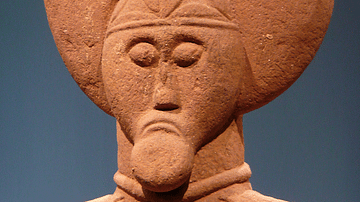
Definition
La Tène Culture
The La Tène culture (c. 450 - c. 50 BCE) is named after the site of that name on the northern shores of Lake Neuchâtel in Switzerland. It replaced the earlier Hallstatt culture (c. 1200 - c. 450 BCE) as the dominant culture of central Europe...
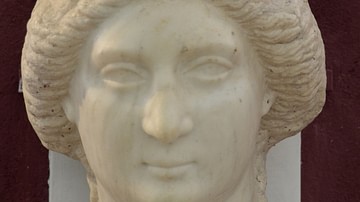
Article
Twelve Great Women of Ancient Persia
Women in ancient Persia had more rights and greater freedom than any other ancient civilization including, according to some scholars, even ancient Egypt which is famous for its respect for the feminine principle in religion as well as daily...
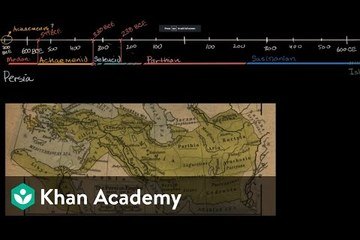
Video
Overview of Ancient Persia
This brief video explains the origin of the terms "Persia" and Zoroastrianism. It also puts the Median, Achaemenid, Seleucid, Parthian and Sassanian Empires in context.
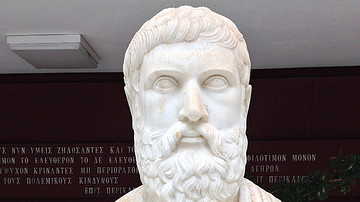
Definition
Miltiades
Miltiades (c. 555-489 BCE) was the Athenian general who defeated the Persians at the Battle of Marathon in 490 BCE. The Greeks faced a Persian force of superior numbers led by the commanding admiral Datis, who had been sent by their king...
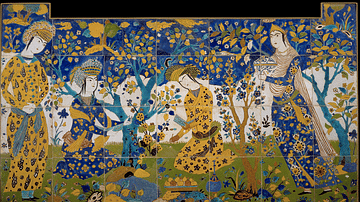
Image
Reciting Poetry in a Garden
A scene composed of Persian colored tiles showing a picnic in a garden. First-quarter of the 17th century, Isfahan, Iran. (Metropolitan Museum of Art, New York)
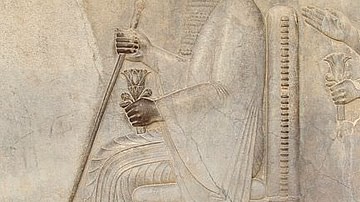
Article
Bureaucracy in the Achaemenid Empire: Learning from the Past
In the early days of the Achaemenid Empire (c. 550-330 BCE), the kings came to realise that, if they were to be able to administer the vast mass of land and the multicultural people who inhabited it, they had to create an organizational system...